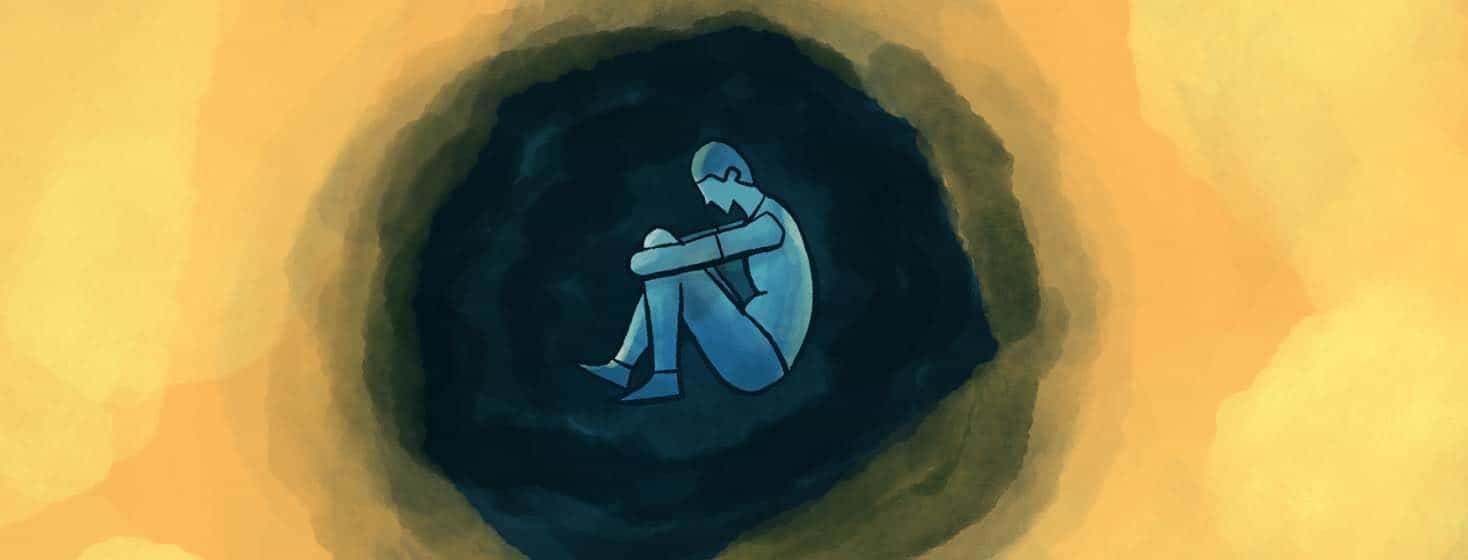Community Views: The Worst Side Effects of Prostate Cancer
Living with prostate cancer is never easy. Even when the cancer is in remission, every day can bring new challenges thanks to the side effects of fighting this disease.
To find out which side effects the community struggles with the most, we reached out to community members. We asked followers of our Facebook page to respond: “For those who have experienced side effects from prostate cancer treatment, which was the worst?”
More than 100 community members answered this hot topic. Here is what was shared.
Dealing with impotence
According to the answers to our question, the most common side effect was erectile dysfunction (ED). Most men experience ED for several months after treatment. However, nearly all men with intact nerves have a major improvement about a year after treatment. Sexual health is an important part of well-being, so do not be afraid to talk to your doctor about your treatment options and what to expect following treatment regarding ED.1
"Scar tissue at the base of my penis after 45 radiation treatments. I am unable to have an erection."
"No woody."
Featured Forum
View all responsesCoping with urinary incontinence
Many other community members mentioned the challenges of urinary incontinence. This problem can show up in a lot of ways: leakage, an inability to fully empty the bladder, or having a weak stream of urine. No matter how urinary problems show up, they are worth discussing with a doctor so you can work together to find a solution.2
"Total incontinence. My husband uses a clamp, but it is uncomfortable."
"Having to go to the bathroom 15 times a day."
"Now I have urges so frequently with just dribbles and some burning. It is frustrating. When my bladder gets full, it cannot empty fast enough when dribbling, so the catheter gives me about 6-hour relief from discomfort."
Dealing with depression
Prostate cancer has a huge impact on our well-being long beyond just diagnosis and treatment. Uncertainty, fear, anger, and stress can wreak havoc on our mental health. Even after treatment, you may struggle to return to your normal life. Know that you are not alone and do not have to face these challenges alone. Talk therapy, exercise, and prescription medicines can be some helpful things to add to your tool belt. Your doctor and care team can help you come out on the other side.
"Feelings of depression."
"Feeling demoralized."
"Severe depression from my medication."
Fighting fatigue
Most men with prostate cancer feel fatigued – that kind of tiredness that just does not go away. Your body uses all its energy to fight the disease. Pain, worry, and stress do not help energy levels either. If you can, try to add in moderate exercise. For some, it also helps to eat as many whole foods as possible and avoid processed foods. Another strategy is to ask for help, whether that is with housework, driving the kids to their commitments, or making meals.
"Fatigue."
Feeling emasculated
Many men shared that after surviving prostate cancer, they felt like less of a man. The physical symptoms certainly can change what the day-to-day looks like and feels like. It may take some time, but it can help to spend some time journaling or talking with a doctor about your concerns. It may also help to list all the ways you contribute value at work and at home. There is no one way to define what it means to be a man, and it is OK to show yourself compassion that your life may look a little different after treatment.
"Total emasculation as a man and as an athlete."
Thank you to everyone who contributed to this story. We appreciate your honesty.


Join the conversation